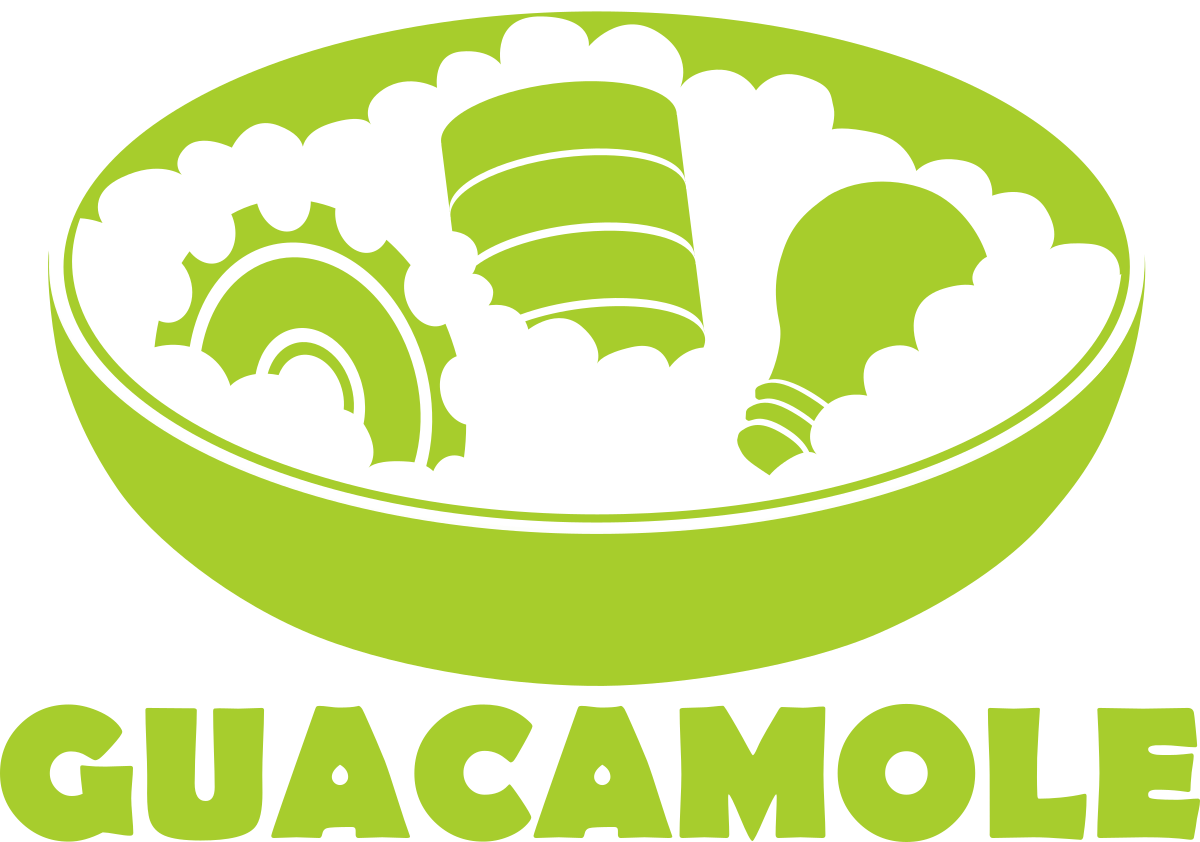About Me
The last few years I have been pretty busy on multiple learning fronts.
Education
- PhD (Dr.-Ing.) at the Graduate School of Excellence advanced Manufacturing Engineering (GSaME) at the University of Stuttgart Thesis
- Topics: meta learning, machine learning, design, selection, configuration
- International Master in Service Engineering (Eramus Mundus) with a triple degree (M.Sc.) by the following universities.
- Computer Science by the University of Stuttgart
- Information Management by the University of Tilburg
- Service Engineering by the University of Crete
- Bachelor of Science in Business Informatics at Tecnologico de Monterrey (ITESM)
Publications
- Villanueva Zacarias, A. G., Weber, C., Reimann, P., Mitschang, B. (2021). AssistML: A concept to recommend ML solutions for predictive use cases. 2021 IEEE 8th International Conference on Data Science and Advanced Analytics (DSAA), 2021, pp. 1-12, doi: 10.1109/DSAA53316.2021.9564168. URL
- Villanueva Zacarias, A. G., Ghabri, R. and Reimann, P. (2020). AD4ML: Axiomatic Design to Specify Machine Learning Solutions for Manufacturing. 2020 IEEE 21st International Conference on Information Reuse and Integration for Data Science (IRI) (p./pp. 148-155), August, 2020. DOI: 10.1109/IRI49571.2020.00029. URL
- Villanueva Zacarias, A. G., Reimann, P. and Mitschang, B. (2018). A framework to guide the selection and configuration of machine-learning-based data analytics solutions in manufacturing. Procedia CIRP, 72, 153–158. DOI: 10.1016/j.procir.2018.03.215. URL
- Villanueva Zacarias, A. G., Kassner, L. and Mitschang, B. (2017). Exploring Text Classification Configurations - A Bottom-up Approach to Customize Text Classifiers based on the Visualization of Performance. Proceedings of the 19th International Conference on Enterprise Information Systems, : SCITEPRESS - Science and Technology Publications. DOI: 10.5220/0006309705040511. URL
Work Experience
- Software Solutions Architect
- Insurance Specialist.
- Freelance Junior Consultant at a Social Incubator to offer them options to apply IT in small businesses.
- Management Internship at an Innovation Lab
Certifications
Software Campus Project (GUACAMOLE )

Manufacturing companies develop information systems with Machine Learning (ML) to support the work in use cases throughout the product lifecycle. They do so through development projects. They produce software systems with ML components that deliver a predictive capability. We refer to them as ML solutions. Currently, ML development projects face two difficulties that reduce their effectiveness to deliver suitable ML solutions.
The first difficulty refers to the understandability of ML solutions. ML solutions are composed of multiple software components, learning algorithms and hardware resources. Data scientists or ML engineers determine a useful configuration and combination of components through trial and error, following previous experience or preferences. This can potentially lead to test all possible combinations, which results in extended development times. Moreover, once a useful combination is found, it is difficult to document the ML solution composition properly, i.e., with comprehensive details to reproduce the development and to understand any performance trade-offs.
The second difficulty refers to the explainability of ML solutions. Developed ML solutions need to be selected and approved by domain experts before deployment in the productive use case. This is difficult to achieve because of the inherent complexity of the ML solution components as well as the complexity of the explanations provided. ML solutions are typically validated using ML metrics, e.g., F-Score, RMSE or R2. These metrics are difficult to understand by non-experts and have little significance regarding the impact of the ML solution in the use case.
The GUACAMOLE project implemented prototypical tools to address these two difficulties. Over the course of 29 months, we developed 4 prototypes, a metadata repository and annotation formats to support the ML solution development process. We discussed their applicability with our industry partner at TRUMPF. Their underlying concepts were published in several scientific publications.
Together, all four prototypes provide a standard development approach to build ML solutions for different use cases using different technology stacks. This enables manufacturing companies to cover many development projects at the same time, to quickly identify and reuse ML solution components and to provide meaningful explanations for experts and non-experts alike. These advantages result in shorter development times, reduced resource usage per development project and better informed decisions to select and use ML solutions.
This project started on February 1st, 2018 and ended on June 30th, 2021.

